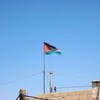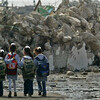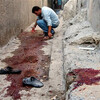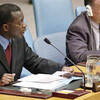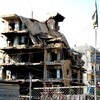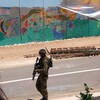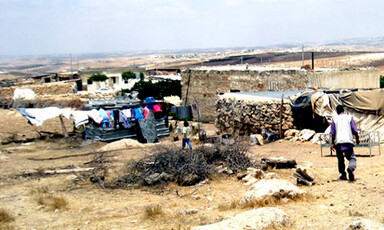
Apartheid and Agrexco in the Jordan Valley
4 September 2005
On June 25, an Israeli spokesperson announced a plan intended to increase the number of settlers in the Jordan Valley by 50 percent in one year. The cost of new housing units will be $13.5 million (U.S.) in the initial year, and will increase to $32.5 million in the following year. The plan focuses on the development of agriculture and tourism in the valley, with grants of up to $22 million available for agricultural development. Agrexco is 50 percent owned by the Israeli state and all of the produce exported from the valley is packed by and sold through them. Palestinian farmers no longer attempt to export because their dealings with the company have been so catastrophic. Nor are they able to take their produce to other markets in Palestine, because it is impossible to get it through the Jordan Valley checkpoints. Read more about Apartheid and Agrexco in the Jordan Valley
